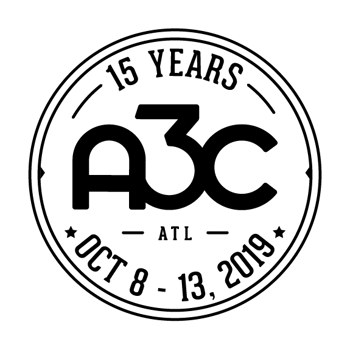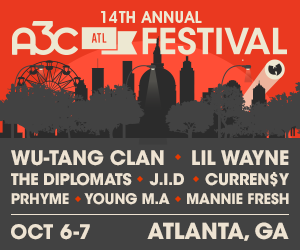
Hip-Hop is currently most popular genre of music in the world. Listened to by more people than any other style, it's becoming apparent that Hip-Hop may not be as hated and misunderstood as critics may like you to believe. But where did this popularity come from, and what inspired listeners to follow it more closely? There are quite a few reasons, and due to them, Pop music has had to move over and make room for it. Let’s take a look.
Contemporary Hip-Hop and Pop music share far more similarities than many may realize. As of late, mainstream Hip-Hop has received a lot of criticism for the dumbing down of lyrics and the hook-driven style of writing, but many Hip-Hop fundamentalists fail to see that the music is simply evolving. Structurally, the majority of radio-based Hip-Hop songs feature a writing format that favors Pop music, including a strong emphasis on melodies and catchy, simplified choruses that are backed minimalistic lyrics (often covering generalized themes in culture). Shortly after the release of 808s and Heartbreak, auto tune and singing were heavily pushed into the composition of Hip-Hop, popularized by a number of artists like Kanye West, Kid Cudi, T-Pain and even Ja Rule. Perhaps the best description of the phenomenon currently happening in Hip-Hop can be taken from Pop Music: Technology and Creativity, written by Timothy Warner. He describes Pop music’s composition as: “Emphasis on recording, production, and technology, rather than live performance; a tendency to reflect existing trends rather than progressive developments; and aims to encourage dancing or uses dance-oriented rhythms”. This definition is the perfect description of the current state of Hip-Hop, as well as its current artists’ recording styles. Newer artists like Lil Yachty, Lil Uzi Vert, Travis Scott and Madeintyo are a testament to this style, collectively known as hit-makers with a talent for capturing melodies but a lack of deeper subject matter.
Another huge sign that Hip-Hop has taken the place of Pop music in popularity is its worldwide appeal. Although record sales don’t necessarily show it, Hip-Hop is more popular on a global scale now than it's ever been before. More people are taking an interest in Hip-Hop, and it’s been reflected in recent chart trends in the United States as well. Desiigner’s breakout single “Panda” was #1 on the Billboard Hot 100 (for singles) for several weeks, the first Hip-Hop song to do so since last year. The song currently remains in the Top 10, and Drake’s Views has remained at #1 on the Billboard 200 (for albums) for 9 consecutive weeks, the third most in history for a Hip-Hop album. The steady increase in the popularity of Hip-Hop can be attributed to the breakthrough of alternative Hip-Hop artists like Kanye West and Outkast, who initially caught the attention of mainstream audiences and showed that Hip-Hop is just as artistically relevant as other genres. Lupe Fiasco, A Tribe Called Quest, Childish Gambino and more recently, Kendrick Lamar, all represent unique perspectives in Hip-Hop that paved the way for new artists to reach global audiences.
Perhaps the most indicative instance of Hip-Hop’s transcendence to Pop status is its influence on both Pop music and United States’ Pop culture. Hip-Hop has always had influence on mainstream America since its earliest days, with suburban kids across the nation falling in love with the attitude and intensity of artists like Public Enemy, N.W.A. And Tupac. But now more than ever, we see not-so-subtle instances of mainstream media and culture taking from Hip-Hop culture for relevancy. Whether it be Hillary Clinton dabbing and whipping to collective eye-rolls across the nation, or Pop stars like Justin Bieber indulging in the pants sagging and lean drinking typically associated with rap culture, there are numerous examples of Hip-Hop appealing to everyone in the nation. More specifically in music, artists like Katy Perry, Rihanna, Miley Cryus, and Beyoncé are more frequently seeking seeking out Hip-Hip producers like Mike Will Made-It, Timbaland and 808 Mafia to produce hit records for them. In a recent study published by the Los Angeles Times, it was even suggested that Hip-Hop has had a greater influence on Pop music than even The Beatles did. The study looked at the chords, drum patterns and tonal progressions of songs that charted in the Billboard Hot 100 over the last 50 years and found concluded that Hip-Hop truly is the most influential genre of music in the world.
As Hip-Hop continues to gain popularity in the mainstream world, it’ll be interesting to see the direction that the music will take. Equally as interesting will be how much more the music and culture continues to impact society as a whole, even outside of the United States. Will artists use this power and influence to promote change and knowledge, or will the music continue to be diluted by industry shenanigans? Whatever the end result may be, Hip-Hop may now have to be affectionately renamed as Hip-Pop.



